The FabOS project partners contribute well-founded preliminary work, which forms the basis for FabOS.
In addition, associated industrial partners accompany the project in order to validate special requirements and concepts.
If you are interested in becoming an associated partner and accompanying the project, do not hesitate to contact us.
The Fraunhofer Institute for Manufacturing Engineering and Automation IPA with its more than 1,000 employees together with research partners and industrial customers is dedicated to the organizational and technological tasks from production in connection with new technologies of digitalization and networking.
For more than 20 years, the Fraunhofer Institute for Experimental Software Engineering IESE in Kaiserslautern has been one of the world's leading research institutions in the field of software and system development methods. The scientific staff have contributed their expertise in the areas of processes, architecture, security, safety, requirements engineering and user experience to more than 1,200 projects.
The Fraunhofer Institute for Telecommunications, Heinrich Hertz Institute HHI is one of the leading research institutions in the field of telecommunications and communications technology. In particular, the "Wireless Communications and Networks" division has been working for more than 20 years on the development of modern radio systems in close cooperation with science and industry. This has resulted in extensive contributions to the theory and practice of the design and operation of wireless communication networks.
The Fraunhofer Institute for Production Technology IPT combines many years of knowledge and experience in all areas of production technology. The production process is understood as a functional whole in which the individual elements of the process chain are interconnected and networked. Based on extensive experience in the field of advanced manufacturing processes and process automation, one focus is the networking of machines and software systems with the aim of making the entire production process more flexible, automatically adapting it and optimizing it.
The IPR - Intelligent Process Automation and Robotics Lab - at KIT conducts research in the areas of assistance systems, factory automation and medical technology with a focus on robotics. Special methods for safe human-robot collaboration are being researched. Central to this is a good understanding and interpretation of the current situation in which the human being and the system find themselves.
TRUMPF Werkzeugmaschinen GmbH + Co KG is a manufacturer and market and technology leader in the field of machine tools and lasers for industrial production. The family-owned company, with approximately 14,500 employees worldwide, works on the further development and digitalization of production technology to make it more economical, more precise and future-proof. The aim is to increase efficiency in production and its upstream and downstream processes, including software solutions for the smart factory of the future and industrial electronics for high-tech processes.
Siemens AG (Berlin and Munich) is a globally active technology group with a focus on electronics, electrical engineering and automation technology. In FabOS, Siemens Corporate Technology is pursuing the development of mechanisms for AI-supporting industrial edge clouds, including networking, communication and distributed computing resources and contributions to TSN standardization.
The Nokia Solutions and Networks GmbH & Co. KG develops and distributes hardware and software components for voice, data and mobile networks and cloud edge infrastructures. In FabOS, Nokia wants to test AI/ML concepts and algorithms for predicting and simulating models using digital representations and near real-time data based on the use cases in the project.
Robert BOSCH GmbH is an internationally leading technology and service company. Its activities are divided into the business units Mobility Solutions, Industrial Technology, Consumer Goods and Energy and Building Technology. The Corporate Research department bundles the company-wide research activities of BOSCH and works closely with the various business units. The focus of BOSCH as an application partner in FabOS is on the acquisition and AI-supported evaluation of various, in particular optical sensor data for the optimization and monitoring of manufacturing processes and production sequences.
NXP Semiconductors Germany GmbH is a semiconductor manufacturer and supplier of semiconductor products in the automotive, industrial and security & connectivity sectors, including security chips for new identity cards. NXP brings components for real-time edge compute nodes into the project, which provide secure runtime environments through security by design. These are to be tested and optimized in the use cases ML on edge devices within secure and deterministic communication (e.g. hardware-based security for OPC UA and TSN) with low latencies and high reliability.
Carl Zeiss 3D Automation GmbH is a subsidiary of Carl Zeiss Industrielle Messtechnik GmbH and part of the ZEISS Group. Zeiss focuses in FabOS on the development of mechanisms for AI-supporting industrial edge clouds, real-time networking and service deployment close to the process for high-precision measurements.
BÄR Automation GmbH is a system integrator for Industry 4.0 applications in the fields of assembly technology, robotics and automated guided vehicles. Within the framework of FabOS, the company aims to further and newly develop its own FTF vehicles. The vehicles should be able to use FabOS components and AI applications in the field of intralogistics and mobile navigation.
SYSGO GmbH is the leading European supplier of real-time operating systems for critical embedded applications in the Internet of Things (IoT), real-time applications in automation, networking and transport. SYSGO focuses on the safety critical context in the presence of time and function critical tasks on a SoC/computer.
SOTEC is a family-run company and has been on the market since 1982. Started as an engineering and integration service provider, the focus has shifted even more towards IoT and machine learning over the last 12 years. In the past, Sotec has also been successfully involved in publicly funded projects. CloudPlug, a system for the cloud connection of machines has emerged from a funded project. The CloudPlug Edge, which was launched in early 2019, is an edge solution for industrial use. The device is one of the first commercially available industrial devices equipped with hardware ML-Inference acceleration.
AI4BD Deutschland GmbH supports small, medium and large companies with the unique knowledge automation through "Cognitive Business Robotics - CBR". AI4BD automates business processes with AI, especially semantic technologies, to combinable and generally applicable AI products. These holistic solutions enable a safe and fast introduction in companies. AI4BD's solutions help organizations to achieve their digitization goals in an efficient and scalable way. AI4BD's digital assistants, called coworkers, are easy to deploy and configure. AI4BD Deutschland GmbH has offices in Furtwangen and Dresden and is part of the parent company of AI4BD AG, headquartered in Zurich, Switzerland.
Kenbun IT AG specializes in AI solutions in highly scaled (Big Data) and real time environments. As an association of long-standing experts in Big Data and AI applications, Kenbun IT AG was founded in Karlsruhe just over a year ago. Kenbun contributes preliminary work in the areas of language assistants, AI-Decision Engine / Prediction Engine, Data Governance Lakes and AI / Analytics Workbench to FabOS.
inno-focus has more than 20 years of experience in consulting leading companies, governmental organisations, associations and clusters in the development of future strategies and the implementation of innovation projects. Through this work inno-focus has become an internationally recognised specialist for open and cross innovation as well as crowdsourcing. The innoecos© software developed for this purpose will be extended for the FabOS Public Cloud access layer to be developed in the research project for all companies and research institutions already collaborating in the digital innovation ecosystems.
ASCon Systems GmbH supports companies from the strategic planning of the IT landscape to the presentation of the economic efficiency and the definition of suitable IT concepts, which support an efficient interlocking of business processes and thus make a significant contribution to the increase in value added. The design and development of a plug&play construction kit for planning, design and orchestration of flexible production systems as cyber-physical systems including the modeling of behavioral logic is a central contribution of ASCon Systems in FabOS.
COSMO CONSULT DATA SCIENCE is a subsidiary of COSMO CONSULT AG. In the focus DATA & ANALYTICS the company has specialized in the development of mathematical models for the optimization of decision making over the last 10 years. As a pioneer in the development of self-learning and foresighted optimization models, COSMO CONSULT DATA SCIENCE relies on the cooperation of partners in the industrial environment for the realization of future-oriented solutions. The aim is that through the cooperation in Project FabOS, the already developed and planned AI services can be offered to innovative industrial companies for use as Cloud-Service or EDGE-Service quickly and economically viable.
The Eclipse Foundation is one of the leading Open Source Foundations in Europe and serves a global community of over 370 open source projects and over 1600 committers. The activities of the Eclipse Foundation are financed and supported by over 270 members. In the FabOS project, the Eclipse Foundation supports the project partners in creating and marketing the project results as industry-grade open source software.
COMPAILE Solutions GmbH is an expert for AI-based intelligent solutions for object recognition by means of image and video data as well as for data processing in various fields of application. The focus of the project is the content-related (non-optical) similarity comparison of unknown components on the basis of neural networks. This enables the assignment of arbitrary components to corresponding construction plans
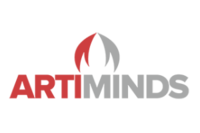
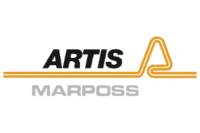
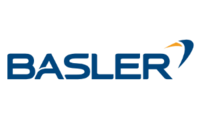

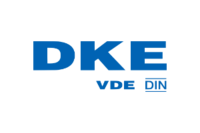
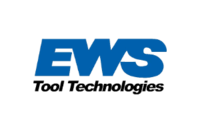


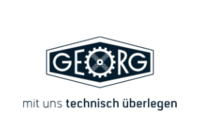

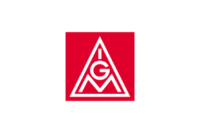
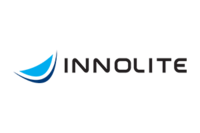
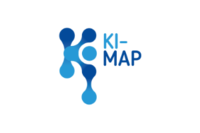


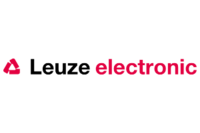
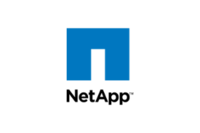

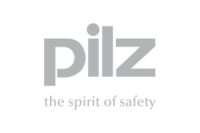
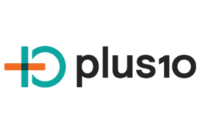
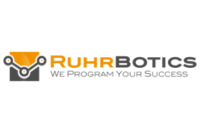
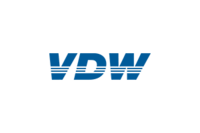
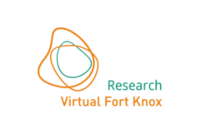
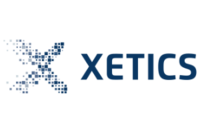

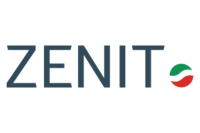
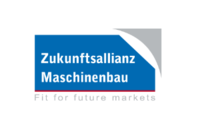
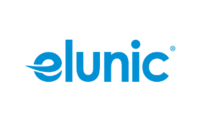
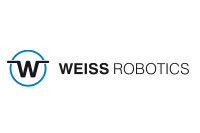
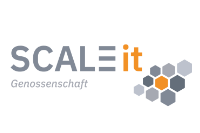
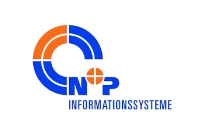
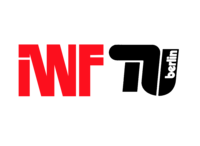
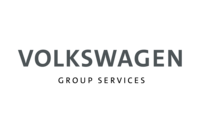

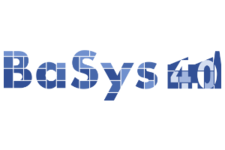
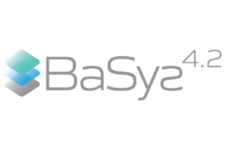
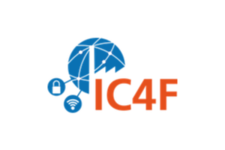
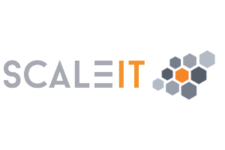
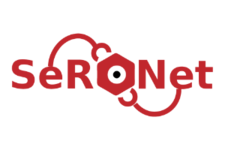
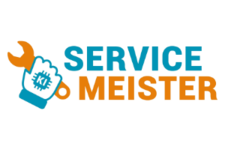
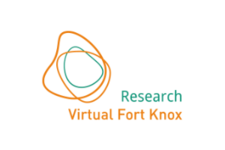
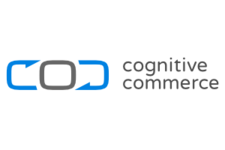

![[Translate to English:] IESE [Translate to English:] IESE](/fileadmin/_processed_/0/f/csm_Logo_IESE_108907c944.png)
![[Translate to English:] HHI [Translate to English:] HHI](/fileadmin/_processed_/4/8/csm_Logo_HHI_d0509504a5.png)
![[Translate to English:] IPT [Translate to English:] IPT](/fileadmin/_processed_/6/6/csm_Logo_IPT_7c4abdfcab.png)
![[Translate to English:] DFKI [Translate to English:] DFKI](/fileadmin/_processed_/b/d/csm_Logo_DFKI_e78c5d7f83.png)

![[Translate to English:] ISW [Translate to English:] ISW](/fileadmin/_processed_/4/9/csm_Logo_ISW_dbebbc8007.png)